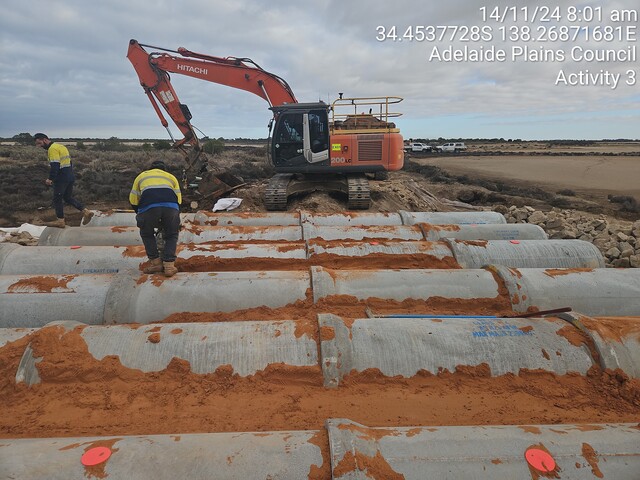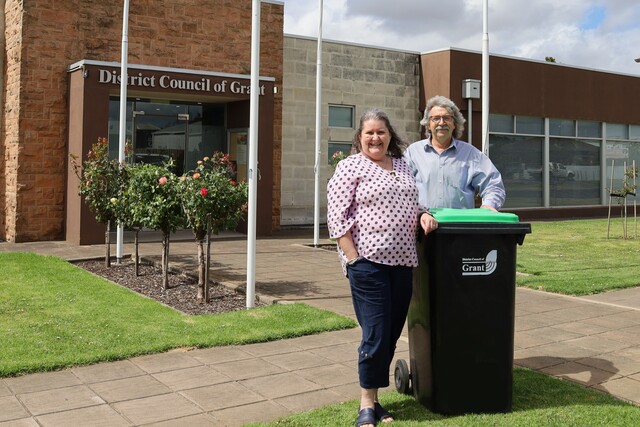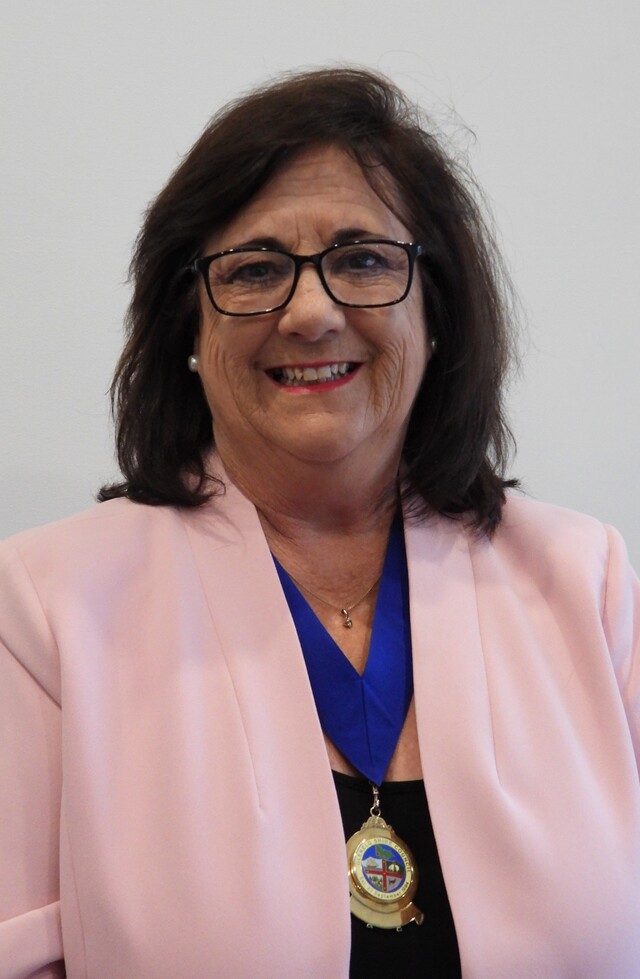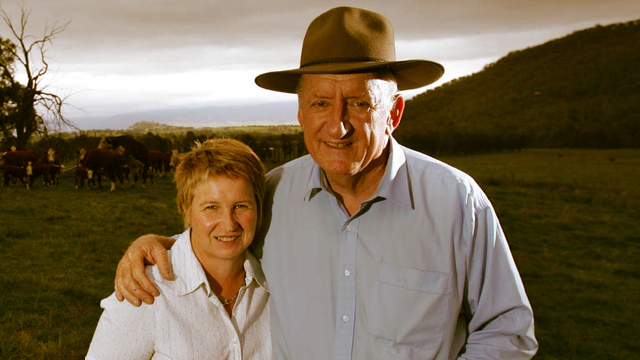The Port Lincoln Wastewater Treatment Plant discharges its secondary treated effluent to local bays. Water pollution could pose a threat to eco tourism, export tuna farms and a resort marina which moors Australia’s largest tonnage fishing fleet.
A major environmental improvement program has been instigated through a Commonwealth Government Natural Heritage Trust grant to the City of Port Lincoln and collaborating research, industry, government and community agencies. The total project budget amounts to $3.8 million with approximately half of the funds coming from the Commonwealth’s Clean Seas Program.
Studies by SA Water and Flinders University have identified that high salinity wastewater enters the Port Lincoln Treatment Plant from crayfish factories and from groundwater infiltration into pipelines. This project is focusing on reducing wastewater discharges from the treatment plant and encouraging reuse onto land in this dry part of Australia.
The first stage of the project has been to work with industries which are either major wastewater producers or which have poorly developed waste minimisation practices. In fish processing factories the major ‘waste product’ is high nutrient, high salinity wastewater. This is currently being discharged directly into the coastal environment with a detrimental effect on water quality and the potential for aquaculture.
Beneficial reuse of solid wastes has already been instigated through composting initiatives by the City of Port Lincoln and the Feedlink fertiliser plant.
The possibility of separating wastewater streams on the basis of salinity or nutrient loading is being tested to allow beneficial reuse of some wastewater on site or improvements to be made in the quality of wastewater to be discharged to sewer.
While enhancing the sustainability of marine industries, this project has the potential to improve coastal water quality, reduce pressure on potable water demand and free up supplies for further ecologically sustainable development.
For further information contact Janet Robertson, telephone (08) 8682 3033 or email plcc@camtech.net.au







